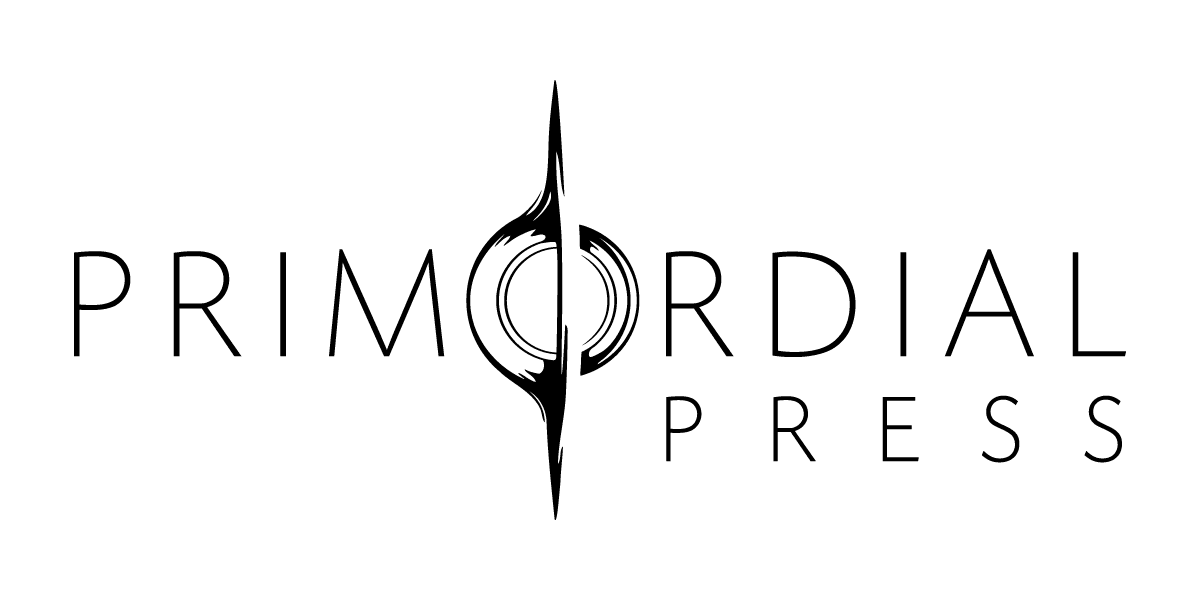Fighting Illiteracy – Is Our Society’s Ability to Communicate Eroding?
I won’t claim to be one of those literary types who relish the idea of analyzing the differences between existentialist philosophers like Sartre, Nietzsche, and Dostoevsky. Literacy isn’t a PhD in philosophy, nor does it require an elite education. I feel I am a literate person and prior to University, was a product of public school education in the United States.
That being said, over the years I have learned that my vocabulary is larger than most people ‘on the street’ have available to them. Even people who I have known and worked with that I know are very intelligent often-times have huge holes in their readily available vocabulary.
One’s vocabulary is not correlated to intelligence – since I have worked with literally some of the most intelligent people in the high-tech engineering field, so I had to wonder. Why is my vocabulary at least better than average?
I did come to a realization when I went to a gathering of other authors. The social conversations involved vocabulary that used words well beyond the typical pedestrian words, and they were used in a very comfortable unpretentious manner.
These people truly had a command of a larger vocabulary than most. Many of these people’s day job was being a Mom, social worker, mail room person, etc. Regardless of their formal training, their grasp of my native language was astounding when compared to most other people I have met.
What is different about authors than most others? As I’ve said in prior posts, most authors are also voracious readers.
That’s really when the epiphany hit me.
It’s not the formal education or quality thereof. It’s a combination of the vocabulary you are exposed to and the amount of reading you do. Most authors use a level of language in their writing that allows them to express themselves more fully than what is typically used in common speech. If you are a voracious reader, you are bombarded with a much higher level of such expression, and the vocabulary associated with that expression becomes part of your working lexicon.
I turned the equivalent of my eye of Sauron toward my own children, aged 9 and 10. They were readers and I had promoted this behavior as soon as practical, but I hadn’t focused on what level of learning they had actually achieved in their vocabulary.
Let’s just say I was shocked to learn that my children were not learning their vocabulary from the books as I would have hoped. Why? Unclear. I knew this when I took some books that both children had read and asked them some words from the book.
They were clueless about the definitions for most of the words and had no clue how they might be used.
I took a step back and came to the conclusion that the status quo at least in the US was pathetic. We should relish the written word, and focus much more on expanding the actively used vocabulary.
I happen to have worked with several people from the UK, and even though my sample-set is smaller, I found that their command of the English language was more robust than typical of the person in the US. I’d be curious to understand if others have found this to be true as well, and if so, analyze the differences in approaches that we go through with teaching our children their native language.
This isn’t intended to be a diatribe on the education system (my wife is a public school teacher), but it does reflect poorly on the norms within the US and what I believe is something that can and should be improved.
I for one have instituted within my little family a weekly vocabulary test where I introduce 20 new vocabulary words, typically extracted from books that are grade level appropriate. Friday’s are Rothman test days, and if they do not pass their vocabulary tests (80% or higher) then no video games for the weekend.
My testing is simple. The kids get a vocabulary printout with twenty words, their definitions, and example methods of use in a sentence. When testing occurs, they are required to give me a definition that is in their own words, and use the word in a sentence of their own creation.
I typically have 20 words per week, every 3rd week is a review and test of ALL of the words. Recently we had a test that covered 120 words – I randomly picked 20 words out of the 120 to test them on. I’ve given the clear message to them that these tests aren’t for them to learn for the week, but it is to learn for their lifetime.
Although I am sure parents may think this approach is pure bunk, I’ll “ruin” or “enhance” my children in the way I see fit. 🙂
It is amusing for me to hear what had been my then 8-year-old accuse his older brother of being haughty while the older one claims his younger brother is extremely obdurate. All evidence so far is that things are working well.
I would love to hear other people’s opinions on the state of literacy in the US and how it relates to the command of the English language. Those of you from other English-speaking countries, I would love to hear what the state of this situation is for your locale as well.
I will be posting some of the vocabulary lists that I use for other’s convenience.
Below is the link to the first week’s vocabulary list:
https://michaelarothman.com/2011/12/08/vocabulary-list-week-1/
Thanks,
Mike Rothman

